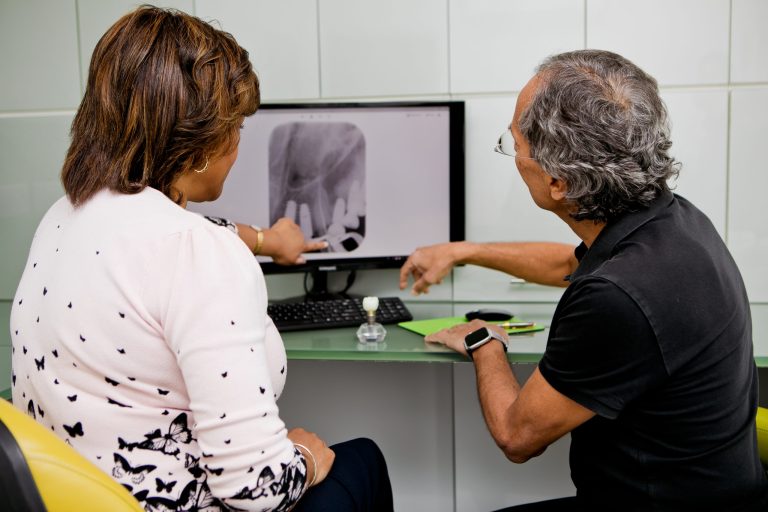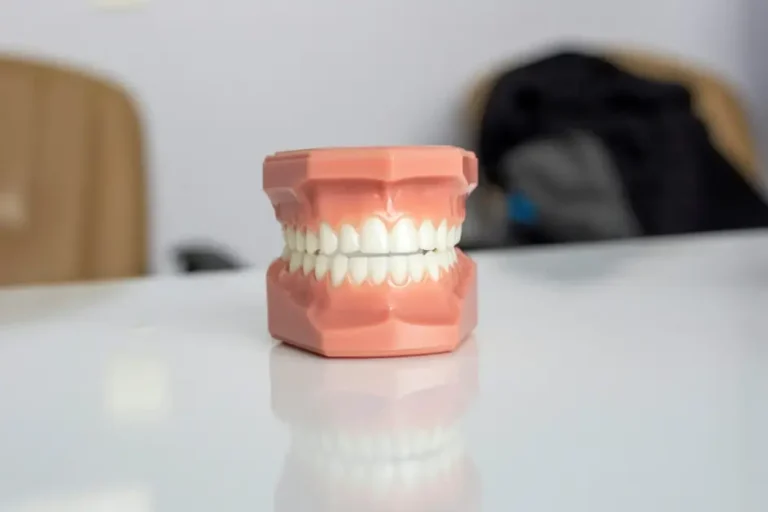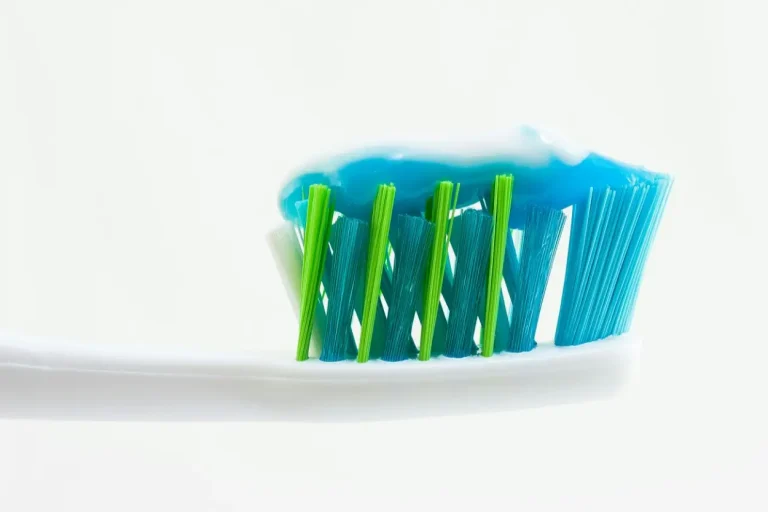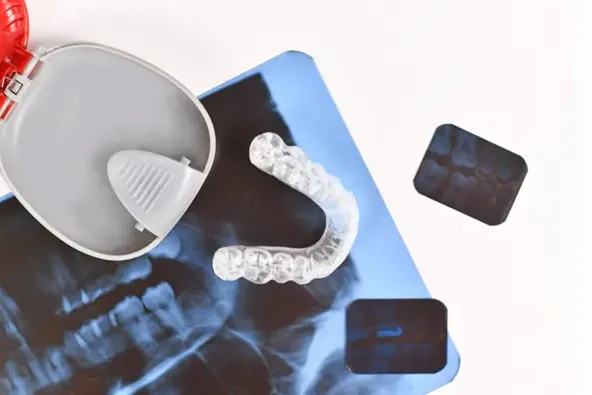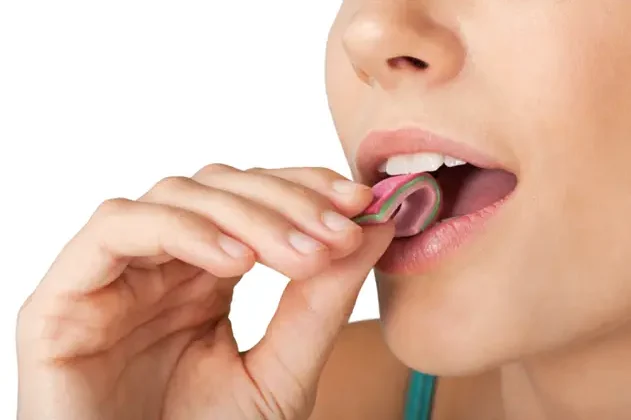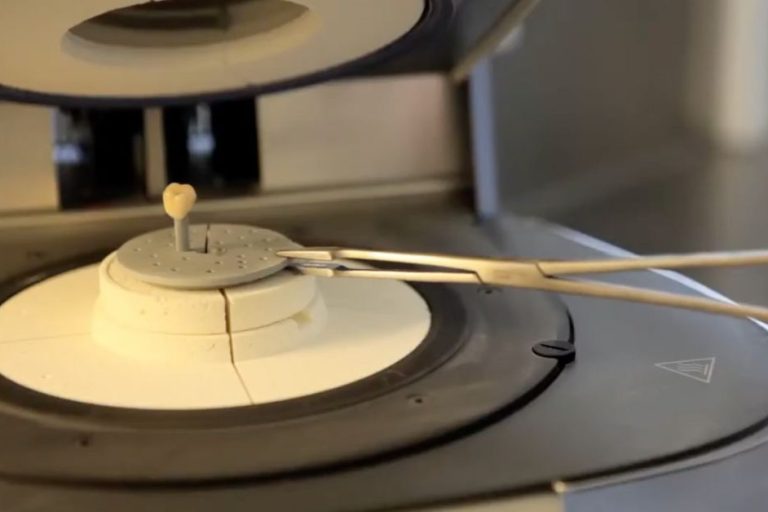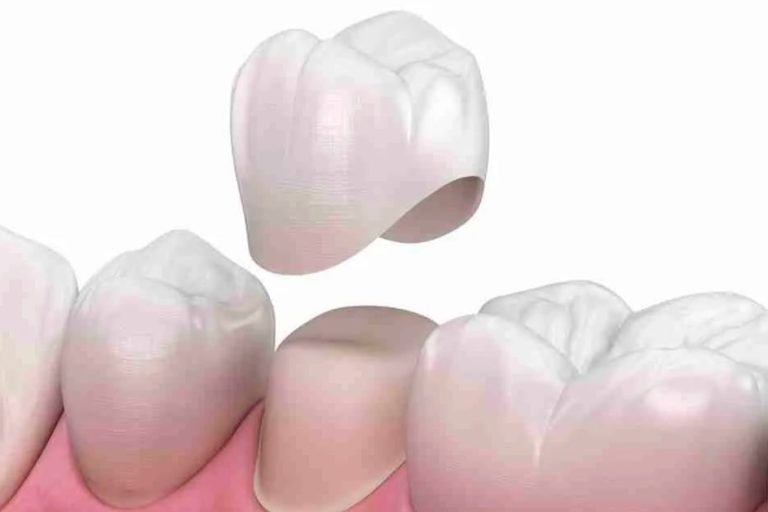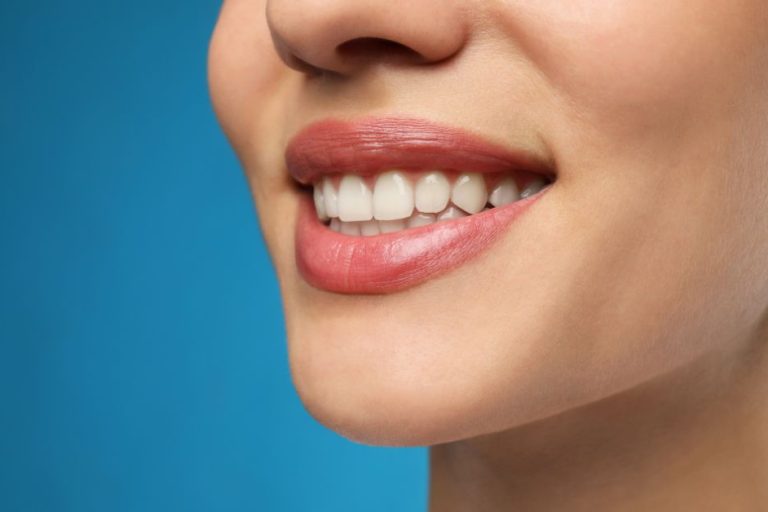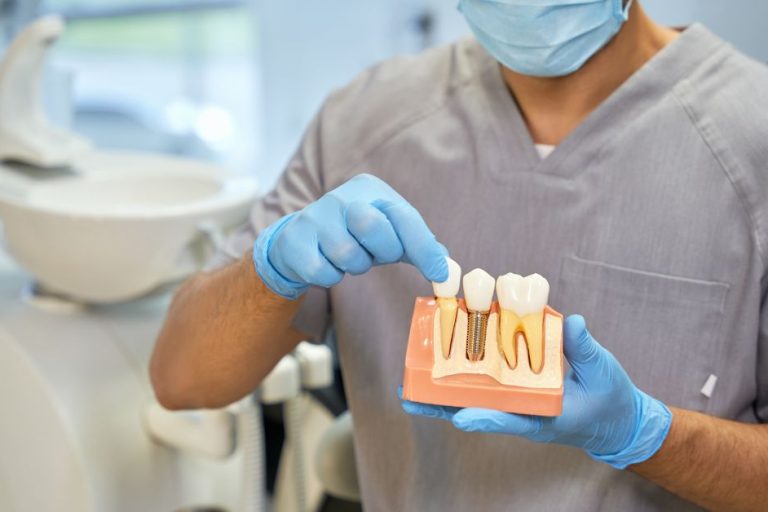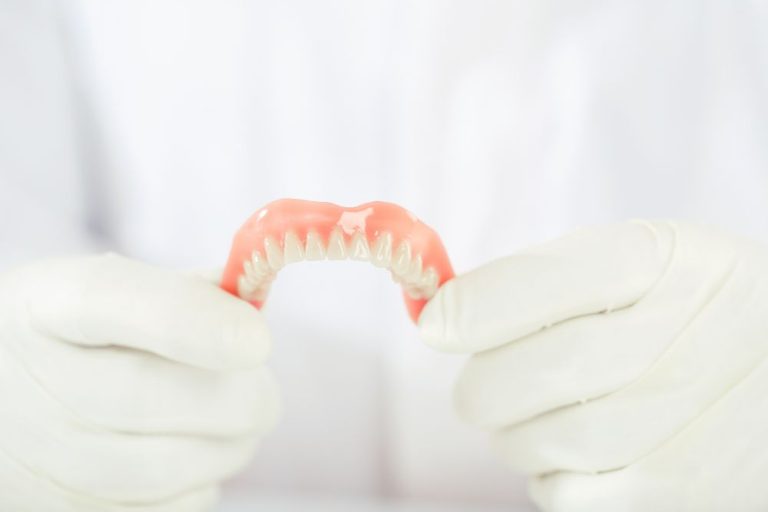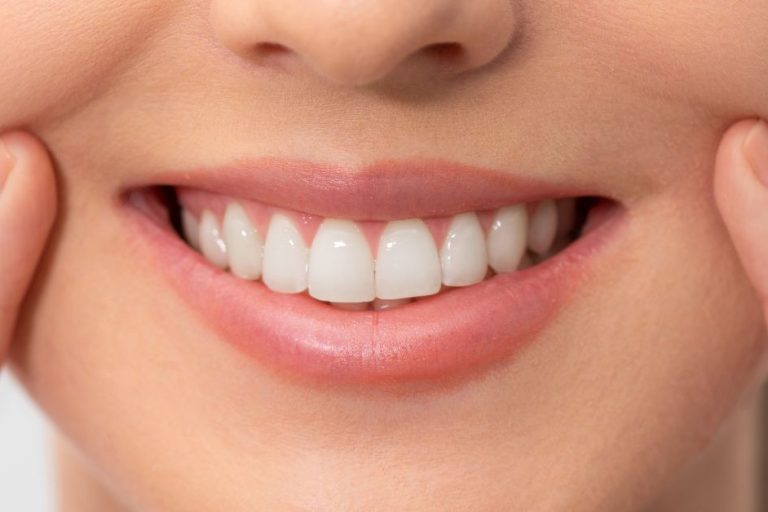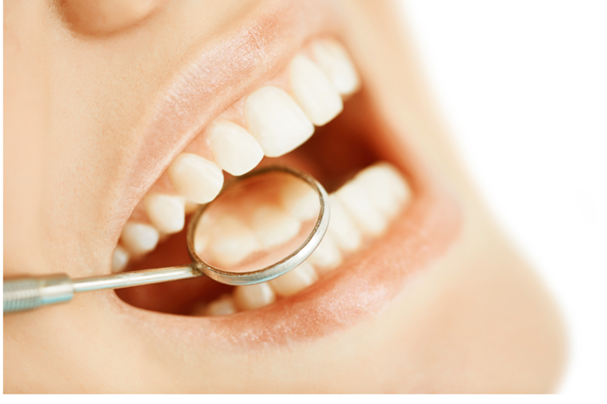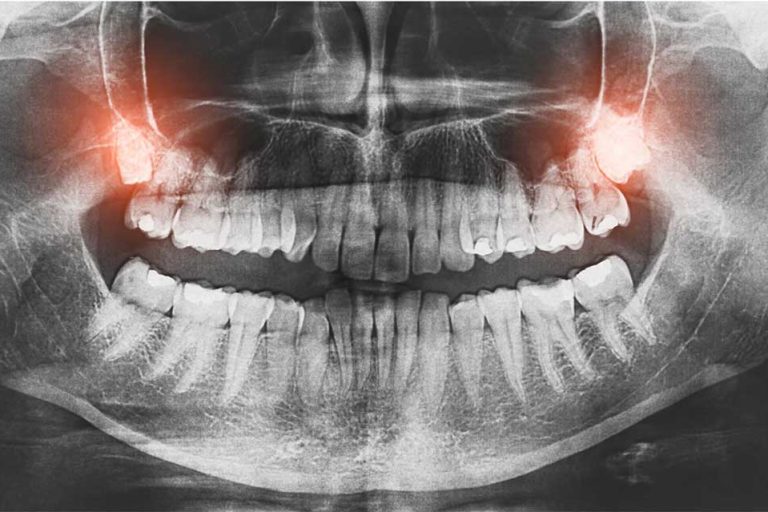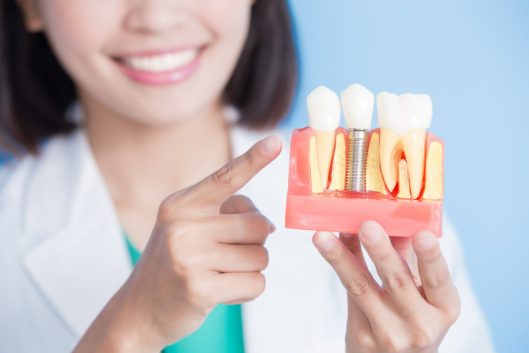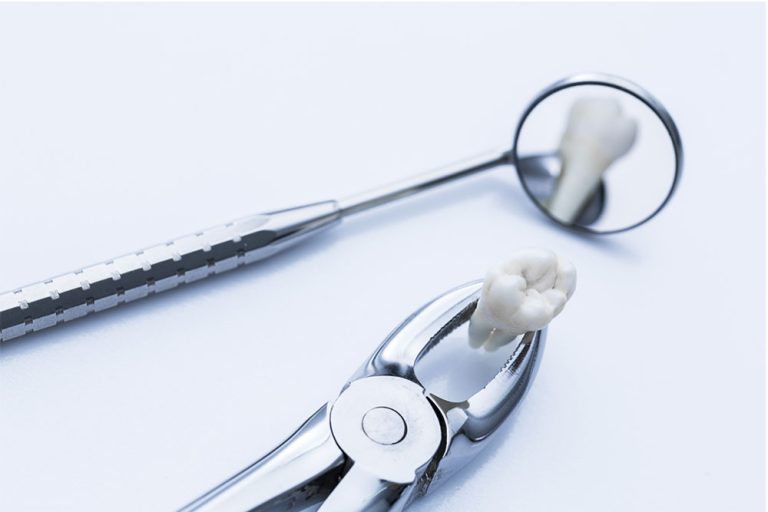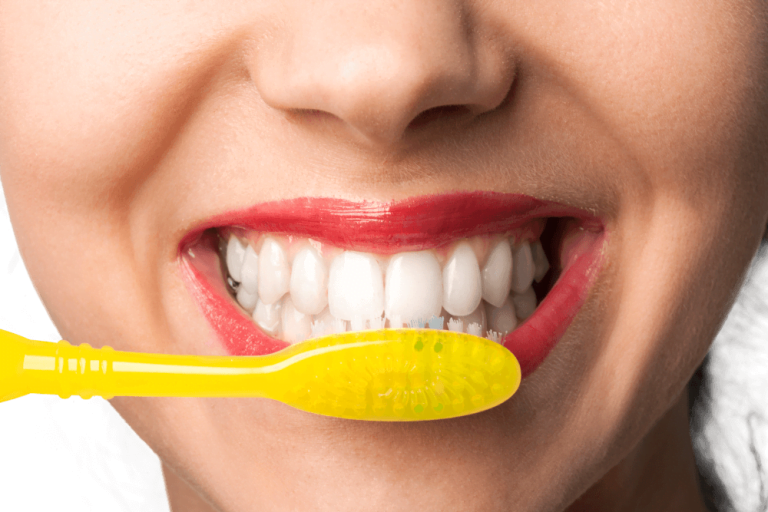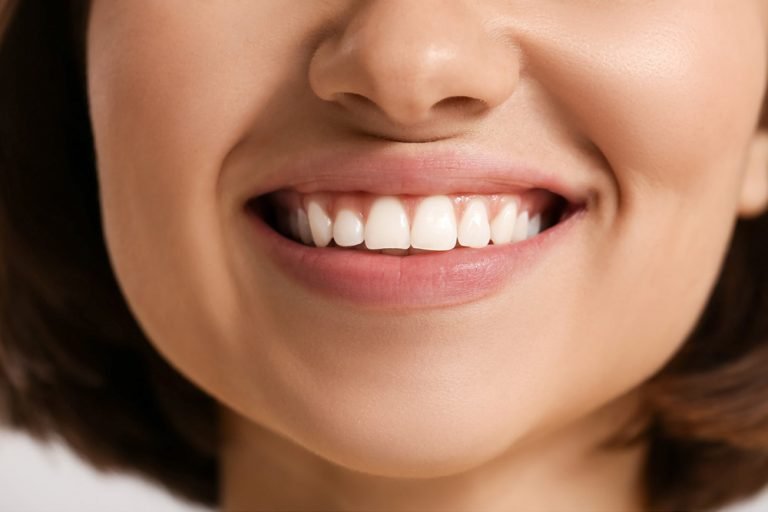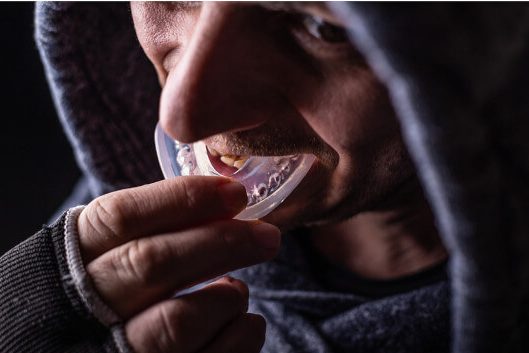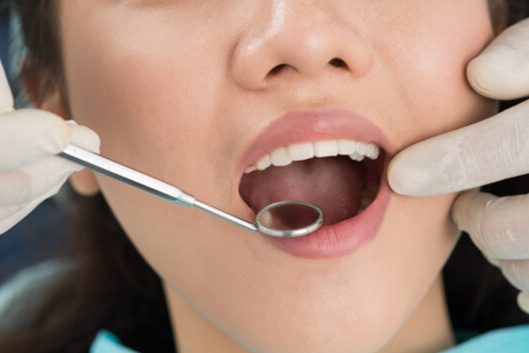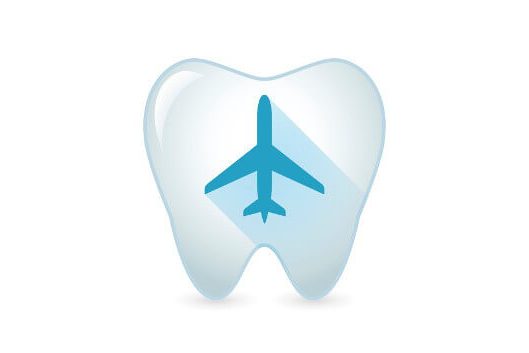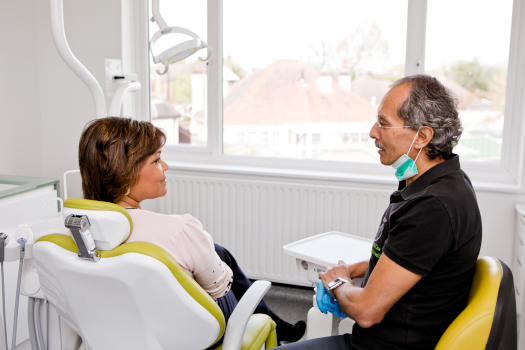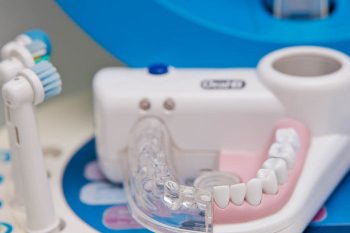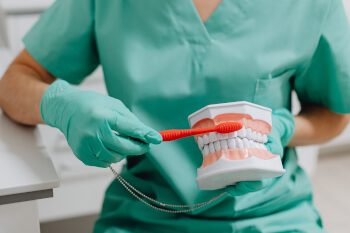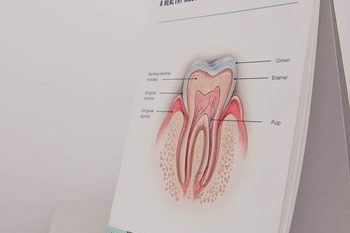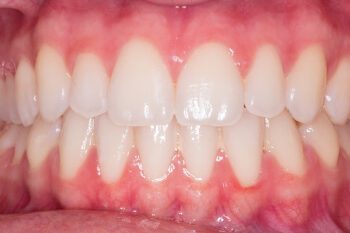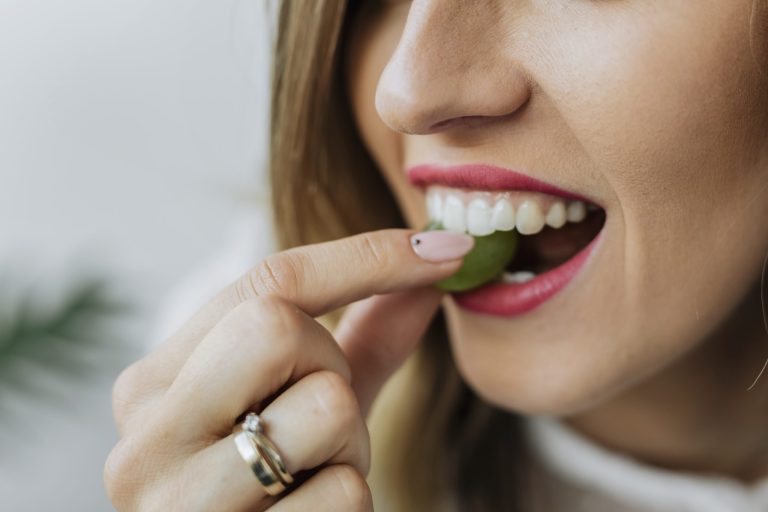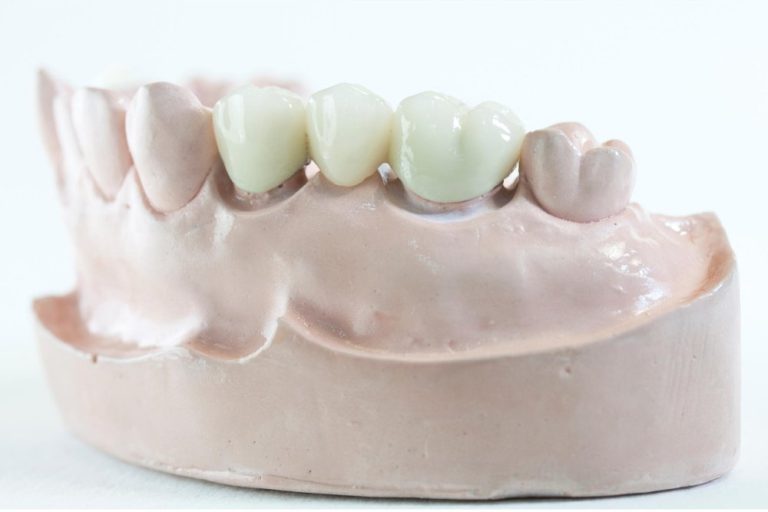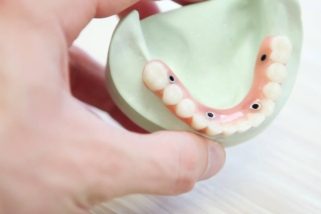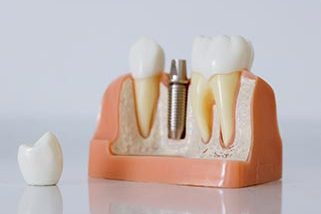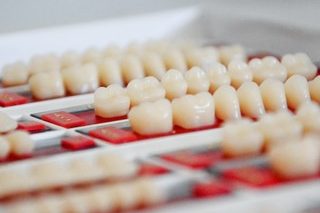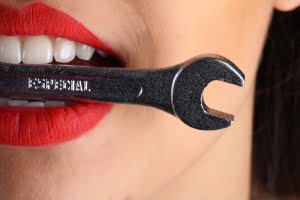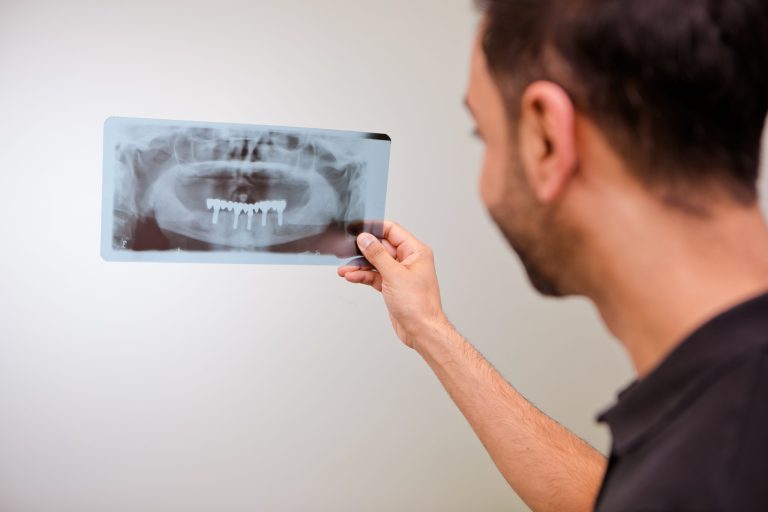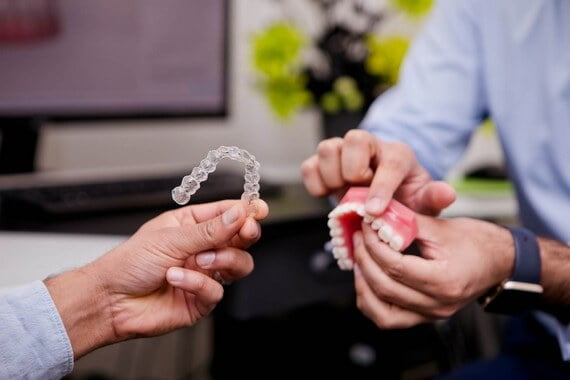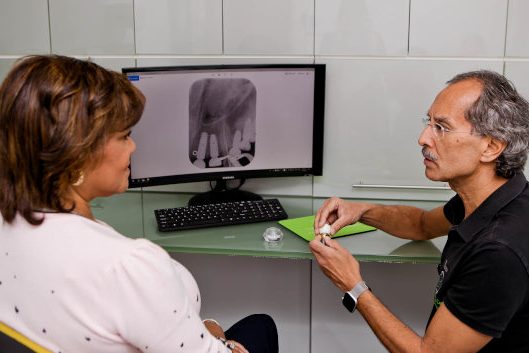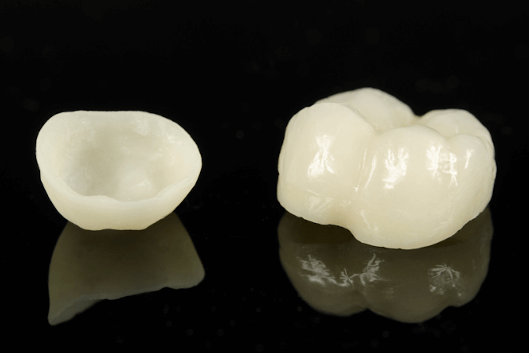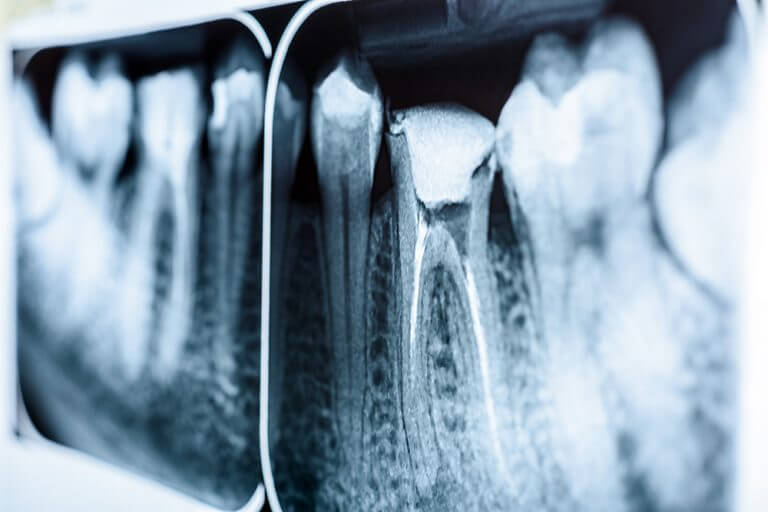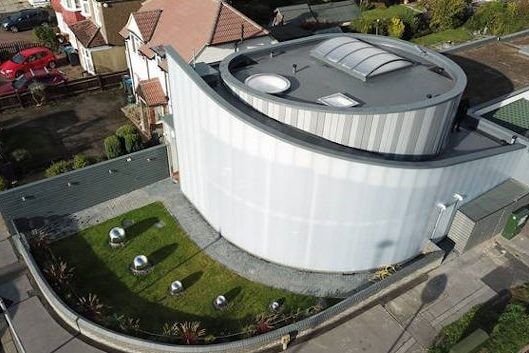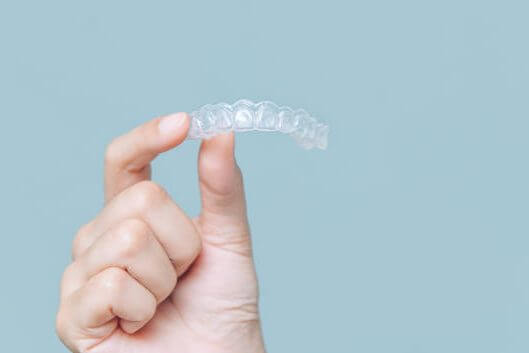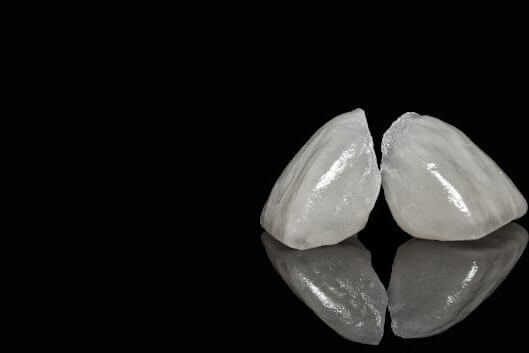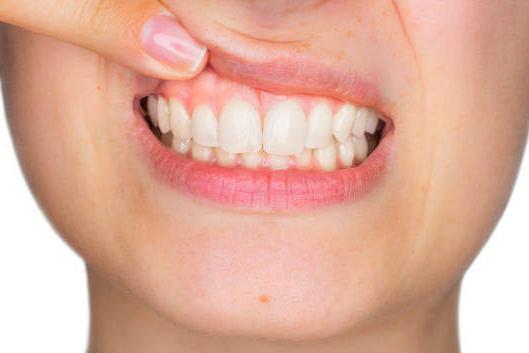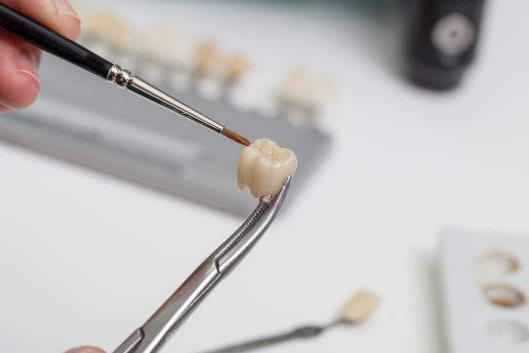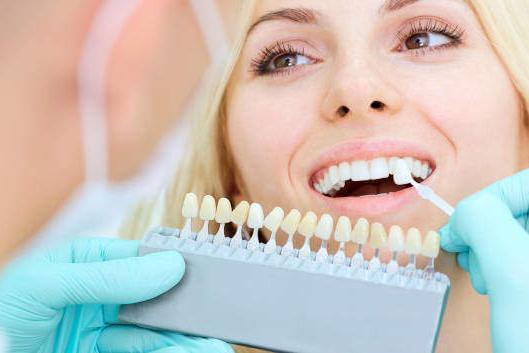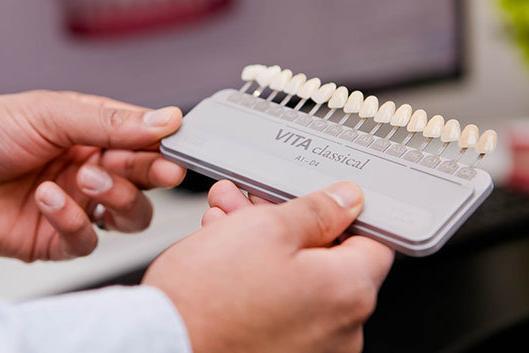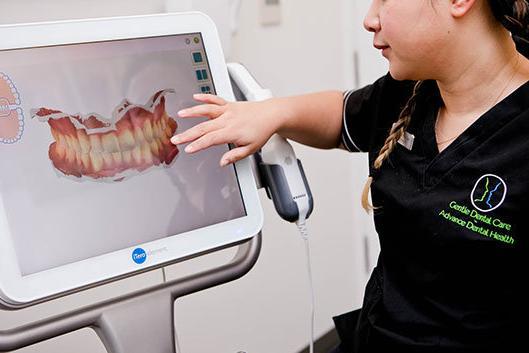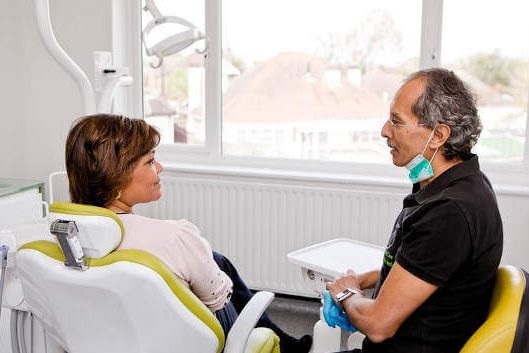What Is Better a Denture or A Bridge?
 Wondering what might be better for you – a denture or a bridge? We outline all you need to know including information about dentures & bridges, which one is the best fit, and how to make your final decision.
Wondering what might be better for you – a denture or a bridge? We outline all you need to know including information about dentures & bridges, which one is the best fit, and how to make your final decision.
Let us start with some need-to-know information about dentures and bridges…
There are several distinct types of dentures and bridges. These include partial dentures, full dentures, traditional bridges, cantilever bridges, Maryland bridges, and implant-supported bridges. However, when deciding between dentures and bridges the best comparison would be between a partial denture and a traditional bridge as these are the most comparable.
A partial denture is a removable dental prosthetic which is able to fit around your natural teeth. Metal attachments allow it to stay in place during activities such as chewing and talking. They allow you to consume the majority of foods without issue, although they are not as secure as fixed forms of tooth replacement. It may take time to get used to utilising them, however, the majority of patients find them easy to use in daily life.
A traditional dental bridge is not fixed, and thus cannot be removed like a partial denture. Instead, it possesses crowns which are permanently attached to your abutment (supporting) teeth. In order to successfully place the bridge, abutment teeth may need to be modified in order to accommodate the dental bridge. Bridges can be constructed out of various materials, including gold, alloys, or porcelain. Patients usually find that eating with and caring for, their fixed bridge is easy.
What would be the best fit for me – a partial denture or a traditional bridge?
Whether a partial denture or a traditional bridge is the best fit for you will be based on varied factors:
A partial denture could be the best fit for your situation if the following applies to you:
- You have multiple missing teeth at various places along your dental arch.
- You cannot meet the financial demands of other restorative options.
- Your current teeth do not possess the necessary strength to support a bridge.
Contrastingly, a traditional bridge could be the best fit for you if the following applies:
- You are missing a small number of teeth, and these are located in a single area.
- You want a highly stable solution and the ability to have a strong biting force
- Your current teeth are strong and stable enough to support the bridge.
- You are trying to get natural looking teeth which look highly realistic.
The final decision…
While the aforementioned factors are important, the final decision made will be based on your dentist thoroughly evaluating your oral health and recommending what they believe is best for you. This is based on many factors such as your level of tooth loss, and the health of your teeth.
We are professionals in assessing the right dental treatment solution for our patients so, if you are looking for advice, please do not hesitate to contact us and we will arrange a consultation. New patients are always welcome at Gentle Dental Care.
Call 020 3925 3846 or fill in our form to enquire about your consultation.
